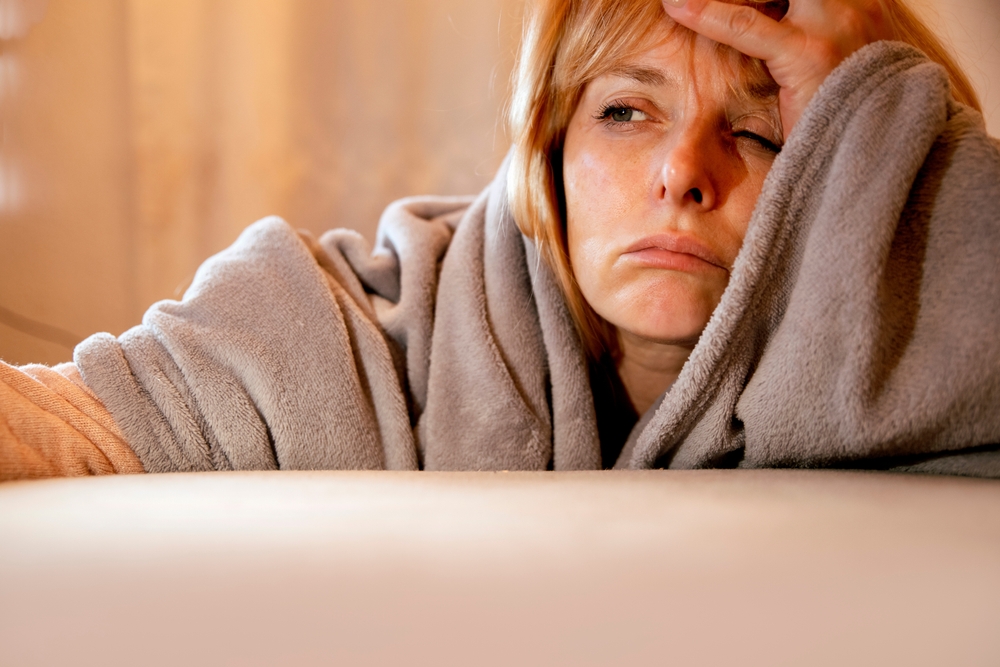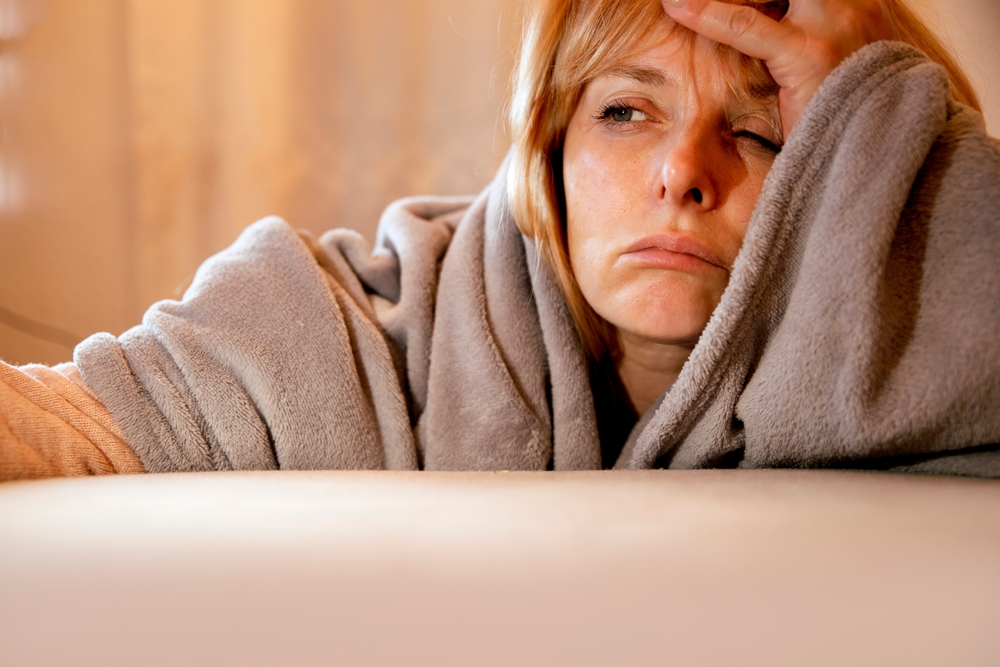
Anxiety and Hangovers
If you’ve ever woken up the next day after drinking too much, you may be familiar with the feeling. And no, we don’t mean hungover; we mean a hangover mixed with anxiety. One that makes you reflect on everything you said and did the night before. You relive the conversations and chew on the experience of any interaction that may have gone south.
Anxiety
You may worry or feel guilty about other things, such as the fact that you drank too much and feel wasted the next day. It’s called anxiety, and for good reason, because for some people, excessive drinking leads to heightened anxiety that feels almost like panic.
Experts say some people are more prone to anxiety than others, and it may have something to do with your state before you hit the bottle, says clinical psychologist Carla Marie Manley. There is a link between anxiety disorders and alcohol use disorders, according to a wide range of research.
“An existing anxiety disorder can encourage alcohol use and abuse because it creates a vicious cycle,” says Manley, author of The Joy of Fear.
A person may feel anxious and want to use alcohol to reduce that anxiety, often in social situations, Manley says. “Many of my patients will say they use alcohol as a social lubricant.”
Alcohol is a disinhibiting agent that helps a person relax, but once the alcohol wears off, the anxiety returns and in some cases can be worse than before. “It can trigger a lot of rumination after the alcohol about the behavior and the mistakes that could have been made,” Manley says.
Who is most affected by fatigue?
Those who are more prone to mood disorders or mental health problems are most likely to have anxiety after drinking. “When we have a pre-existing condition, alcohol relieves it temporarily, but then there’s a return to that condition,” says Manley.
If your “existing state” is happiness and joy, and you’re just out with friends having fun, then you’re more likely to wake up feeling pretty much the same (although you might have a headache.) Those who are emotionally sensitive and prone to obsession will return to that feeling the next day when the alcohol wears off.
Read more: Why do some people never seem to get hangovers?
What causes anxiety symptoms?
The anxiety that occurs after drinking is often heightened. Manly says that amygdala, the part of the brain associated with memory, emotions and decision-making, appears to be affected in people who have anxiety, as well as in those with alcohol use disorders. Its structure appears to have been altered; therefore, it does not function properly before and after alcohol consumption. As a result, we are more alert and hypervigilant because the body is thrown into fight or flight mode. “It both causes anxiety and perpetuates it,” she says.
In addition, Manley says, the prefrontal cortex returns to normal functioning. when we drink prefrontal cortex is disinhibited, which can lead us to do stupid and sometimes dangerous things because “our higher reasoning is not functioning normally,” Manley says. Once the prefrontal cortex is reactivated, it begins to think about things we may have done the night before.
According to Harold Hong, a psychiatrist at New Waters Recovery in Raleigh, North Carolina, alcohol increases levels of certain neurotransmitters in the brain, such as glutamate, which can increase anxiety symptoms. “Alcohol [also] it reduces levels of GABA, which is an inhibitory neurotransmitter that helps regulate excitability in the brain and calms nervous system activity,” says Hong. “Low levels of GABA can lead to increased stress and fear responses.”
Read more: Even moderate drinking is not good for your health
Is there a cure for anxiety?
The good news is that post-drinking anxiety doesn’t last forever, says Hong. Anxiety occurs in those who experience anxiety long after the alcohol has been metabolized, but once the effects of the hangover wear off, so will the fear after drinking. “The best way to treat this problem is to avoid excessive drinking and practice self-care strategies such as deep breathing and relaxation exercises,” says Hong.
Also, for those who have social anxiety and depend on alcohol to reduce it, it may be best not to put themselves in such situations. And when you have to socialize and you’re afraid you’ll drink too much, prepare in advance. Drink low-alcohol drinks, add sparkling water to dilute them, drink water between drinks, and allow yourself to go home early.
If you experience anxiety after drinking, exercise or do other things that will take your mind off your thoughts and the stress that comes with them. If you can’t seem to control your drinking and regularly rely on it to relax, talk to a professional.
But if you overdo it every now and then, skip the judgement, Manley says. You’ve had too much to drink and it’s over. Let it go because tomorrow is another day.
Read more: Anxiety and Hangovers : How effective is Alcoholics Anonymous? /

